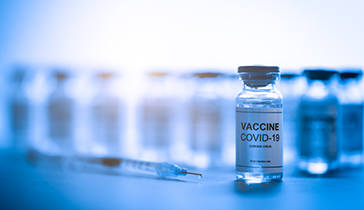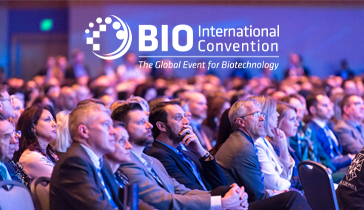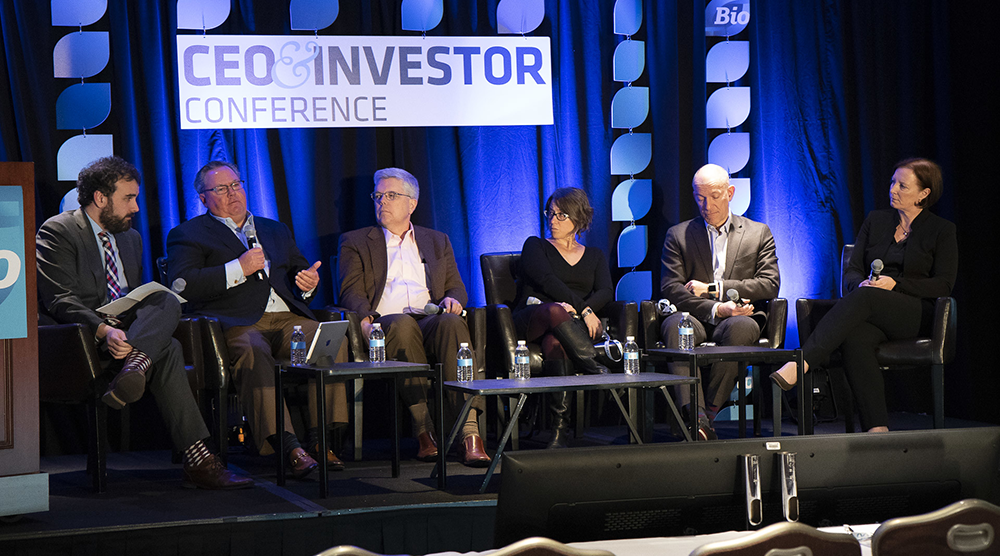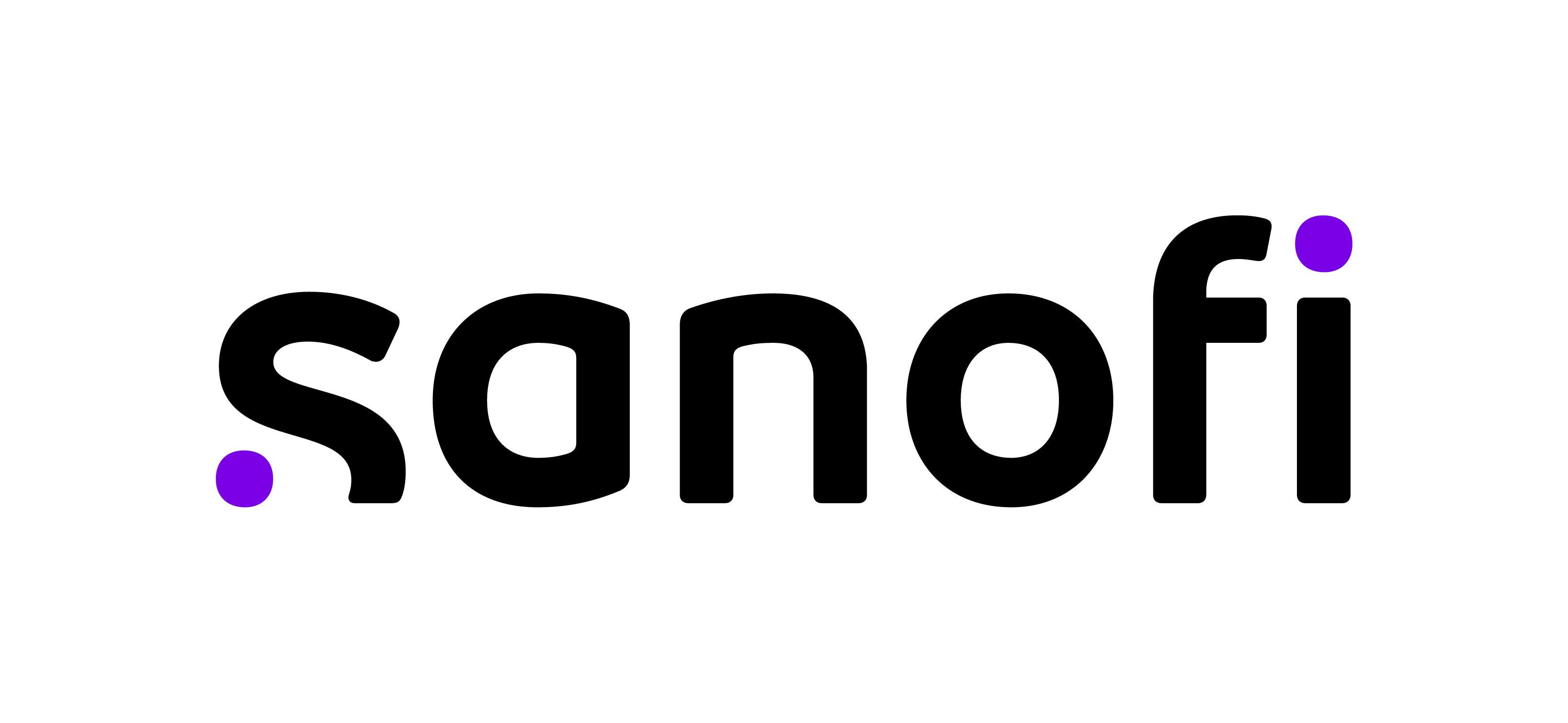There’s little doubt that vaccines are one of the most important medical advances ever created. Between 2011 and 2020, vaccines will have averted over 23 million deaths in low-income countries. What’s more, according to the CDC, vaccines are responsible for saving the lives of more than 730,000 American children between 1994-2013. During this same period, more than 320 million childhood illnesses were prevented in the U.S. alone.
But over the past five years, growth in the vaccine space has slowed markedly to below 5 percent annually. Examining the causes of that slowdown – as well as potential solutions – are the subject of a recent report from McKinsey & Company, Refueling the innovation engine in vaccines, as well as a Super Session on Day 3 of the 2019 BIO International Convention: The State of the Vaccine Industry: Stimulating Sustainable Growth. Moderated by McKinsey’s Jennifer Heller, the panelists included:
- Paula Annunziato, VP, Clinical Research, GCD, Vaccines at Merck & Co., Inc.
- Roger Connor, President, GSK Vaccines at GlaxoSmithKline
- David Hering, Regional President, North America at Pfizer Vaccines
- Lynda Stuart, Deputy Director, Vaccines and Human Immunology at Bill and Melinda Gates Foundation Dr. Rajeev Venkayya, President, Global Vaccine Business Unit at Takeda Pharmaceutical Company Limited
The report identified three trends that will need to be addressed to reinvigorate the vaccines sector:
- Heightened costs for mid- and late-stage R&D and manufacturing
- Higher opportunity costs as the investment attractiveness of vaccines converge with that of other biologic products
- Greater technical complexity and commercial uncertainty compared with other recent innovations
Several panelists noted that advances in manufacturing have the potential to lower costs and speed up development timelines by allowing multiple vaccines to be manufactured in a single building, as opposed to requiring a new building for each new vaccine – which can often take years to build out.
Regulators can also play a role in speeding up vaccine development. Merck’s Annunziato recounted their experience of developing a vaccine for Ebola: “the entire international community, including regulators, recognized that they needed to come to the table to help us develop effective vaccines very quickly and get them to the market. And they have done that. They’ve really broken their own molds, figured out new ways of doing that. And I hope that mindset and that thinking fill carry over to other vaccines that are urgently needed.”
Takeda’s Venkayya agreed, but added, “Here I don’t think it is entirely up to the regulators, I think the industry has an opportunity to go deep on their products and completely understand their products, to characterize them in novel ways using the technologies that Roger alluded to bring to regulators options supported by data that are convincing and validated that show there are alternate ways of determining efficacy – correlates of course is the most obvious example – but ideally you’d have similar measures for safety, because determining safety is what drives a huge amount of the cost of clinical trials.”
Click here to read the full McKinsey report.




.jpeg?itok=ByJuBfy-)
.jpg?itok=5epg0qxZ)









.png)


